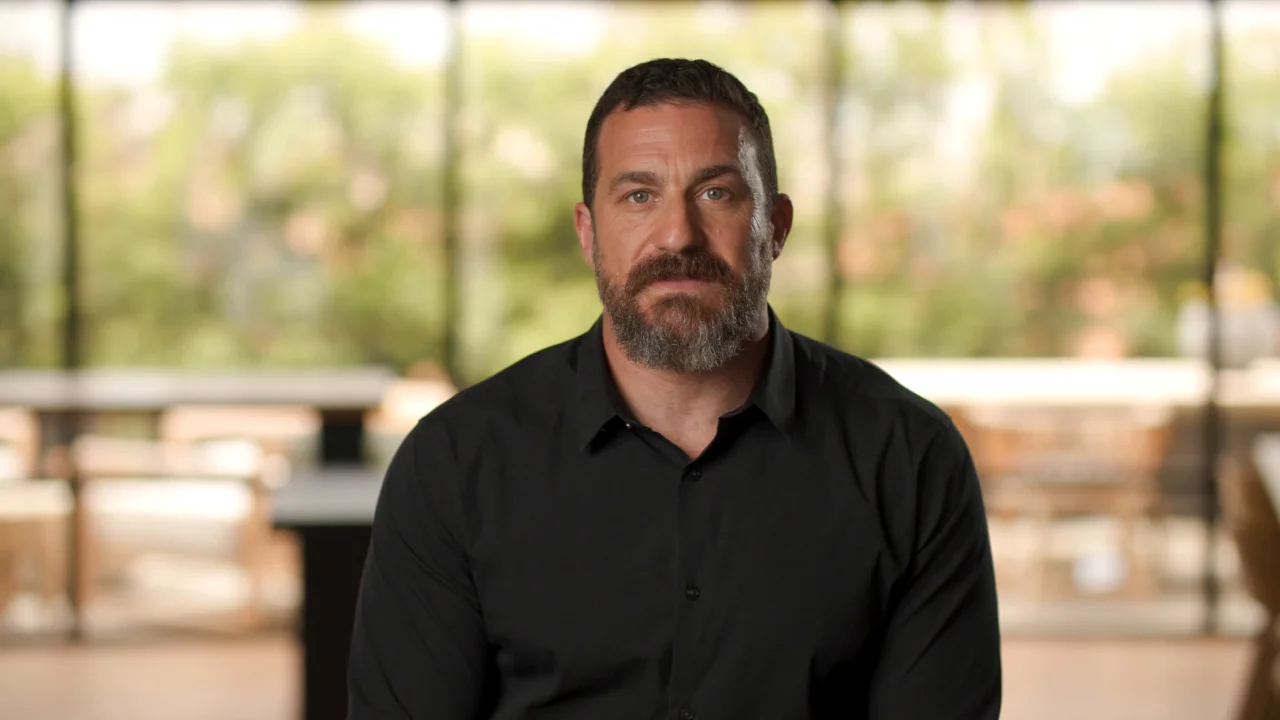
Creator and founder of breath~breaks. Discovered breath breaks after 7+ years of trying to integrate mindful practices into daily life.
Novak Djokovic, one of the greatest tennis players in history, recently shared three seemingly simple yet profoundly important life lessons: “Live freely, breathe deeply, and love fully.” At first glance, these words might sound like something your grandmother would advise—a gentle reminder of the basics that make life meaningful. Yet coming from someone who has achieved nearly everything in professional tennis, this wisdom feels both refreshing and striking. It reminds us that success isn’t just about trophies or records, but also about how we live every moment of our lives.
Of the three lessons, Djokovic highlights the power of breathing deeply. He notes that most of us take breathing for granted, letting it run automatically like background music. Yet, conscious breathing is one of the most effective tools we have to change our experience and bring awareness into our daily lives. When used intentionally, breathing can ground us, calm the mind, and enhance clarity, allowing everything else in life to flow more naturally.
Djokovic explains that learning how to breathe properly helps us live in the moment, observe ourselves, and experience life from a new perspective. It’s not merely an exercise in inhaling and exhaling—it’s a practice of mindfulness that breaks us out of autopilot mode. A single deep breath can shift our attention, reduce stress, and help us respond to situations thoughtfully rather than reacting impulsively. In this sense, breathing is both a tool for self-regulation and a gateway to deeper presence in our daily lives.
This philosophy aligns closely with concepts like breath breaks, which encourage taking micro-pauses throughout the day to reset and reconnect with the present. Whether you are facing a stressful task, a challenging conversation, or simply feeling scattered, a conscious breath can help you observe more, respond with intention, and regain balance. Studies in neuroscience support this, showing that mindful breathing activates the parasympathetic nervous system, lowers cortisol levels, and improves attention and emotional regulation (Frontiers in Human Neuroscience, 2017). Even a few seconds of intentional breathing can have measurable effects on focus, productivity, and well-being.
Finally, Djokovic’s lessons go beyond breathing—they are about embracing life fully. To live freely means to act authentically, without being trapped by fear or expectations. To love fully reminds us to cultivate compassion, connection, and gratitude in our relationships. Together with conscious breathing, these principles form a holistic approach to life: one where success is measured not only by achievement, but by presence, awareness, and emotional richness.
In a world that often values speed and multitasking over mindfulness, Djokovic’s advice is a timely reminder of what truly matters. His message is simple but powerful: slow down, breathe deeply, and pay attention to life as it unfolds. By incorporating intentional breathing and mindful presence into our routines, we can navigate challenges with greater calm, connect more deeply with ourselves and others, and experience each day with more clarity, focus, and joy.
.png)

%402x%20(2).svg)






